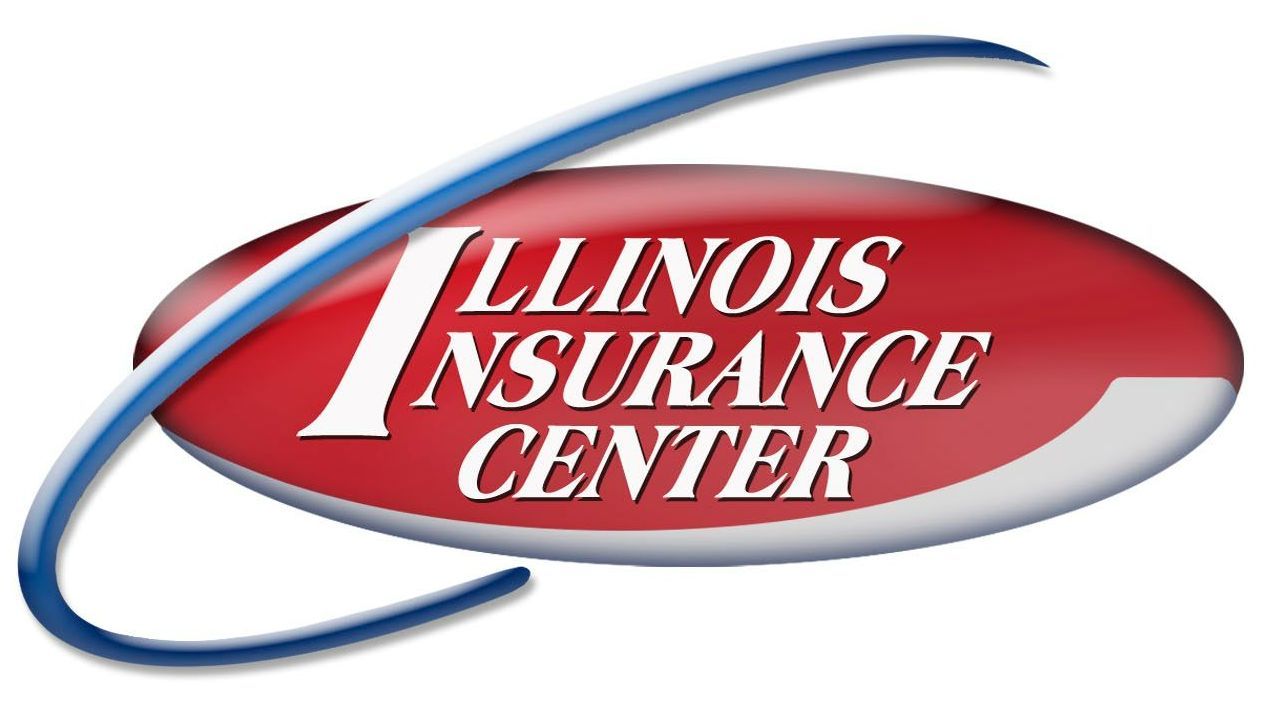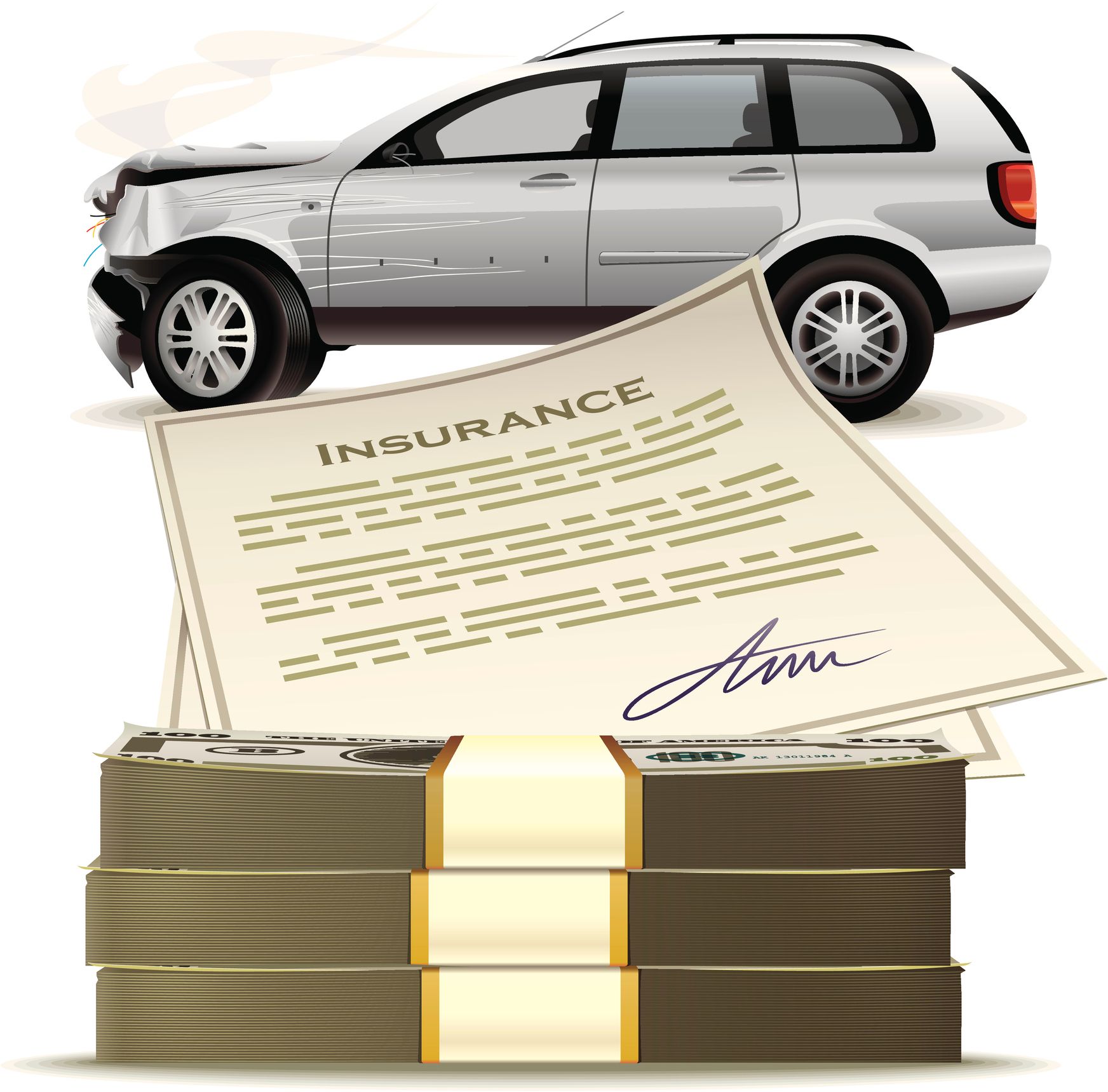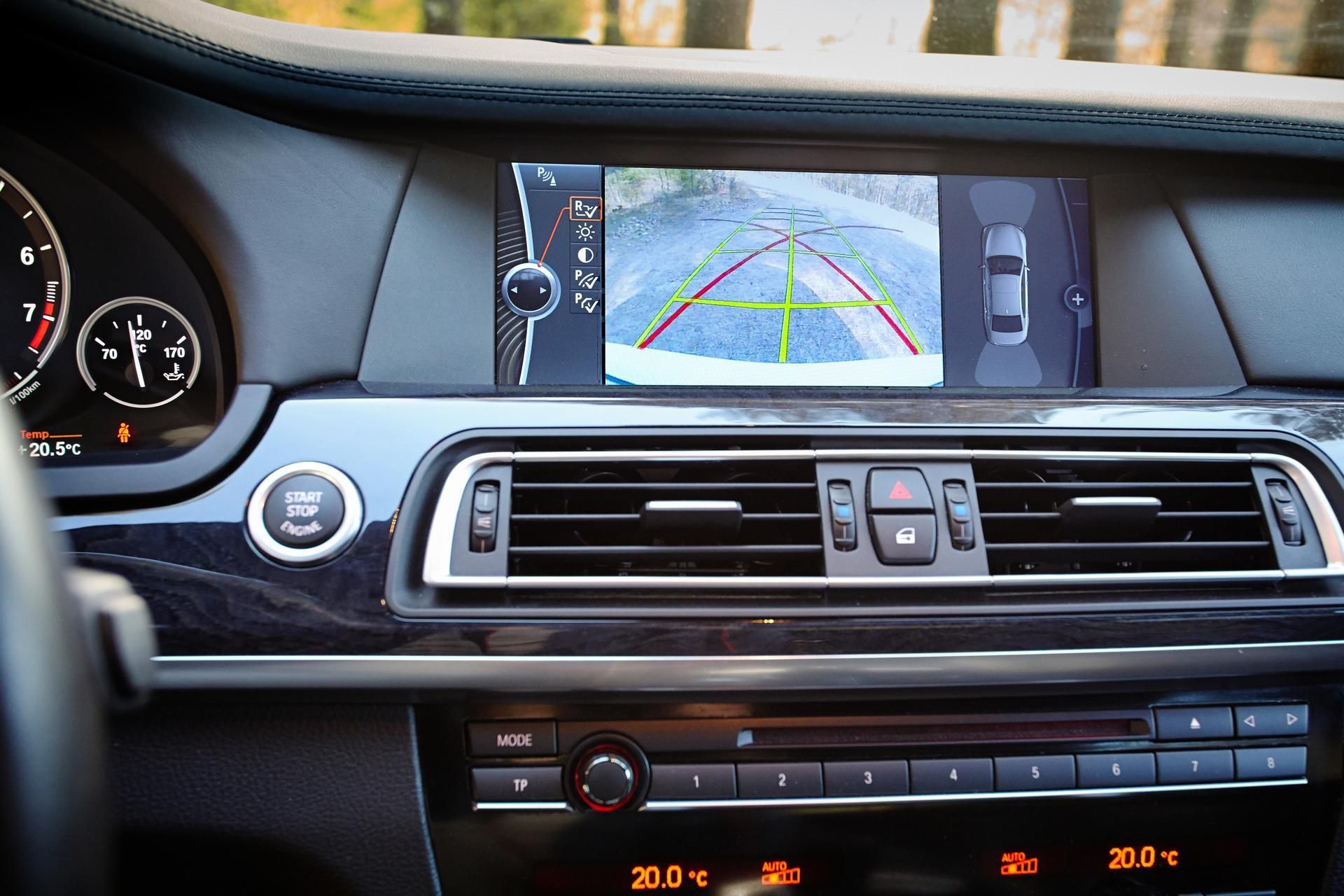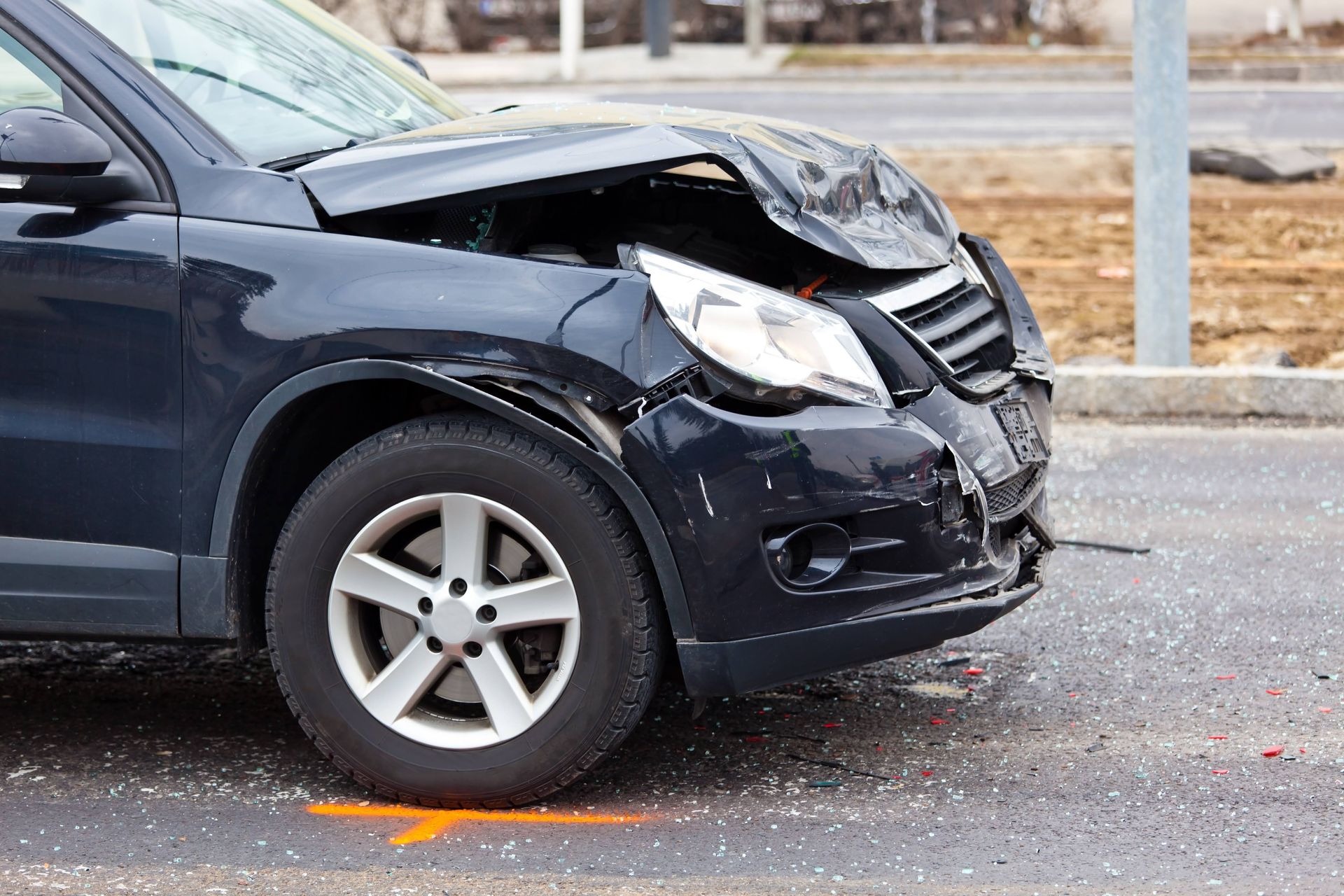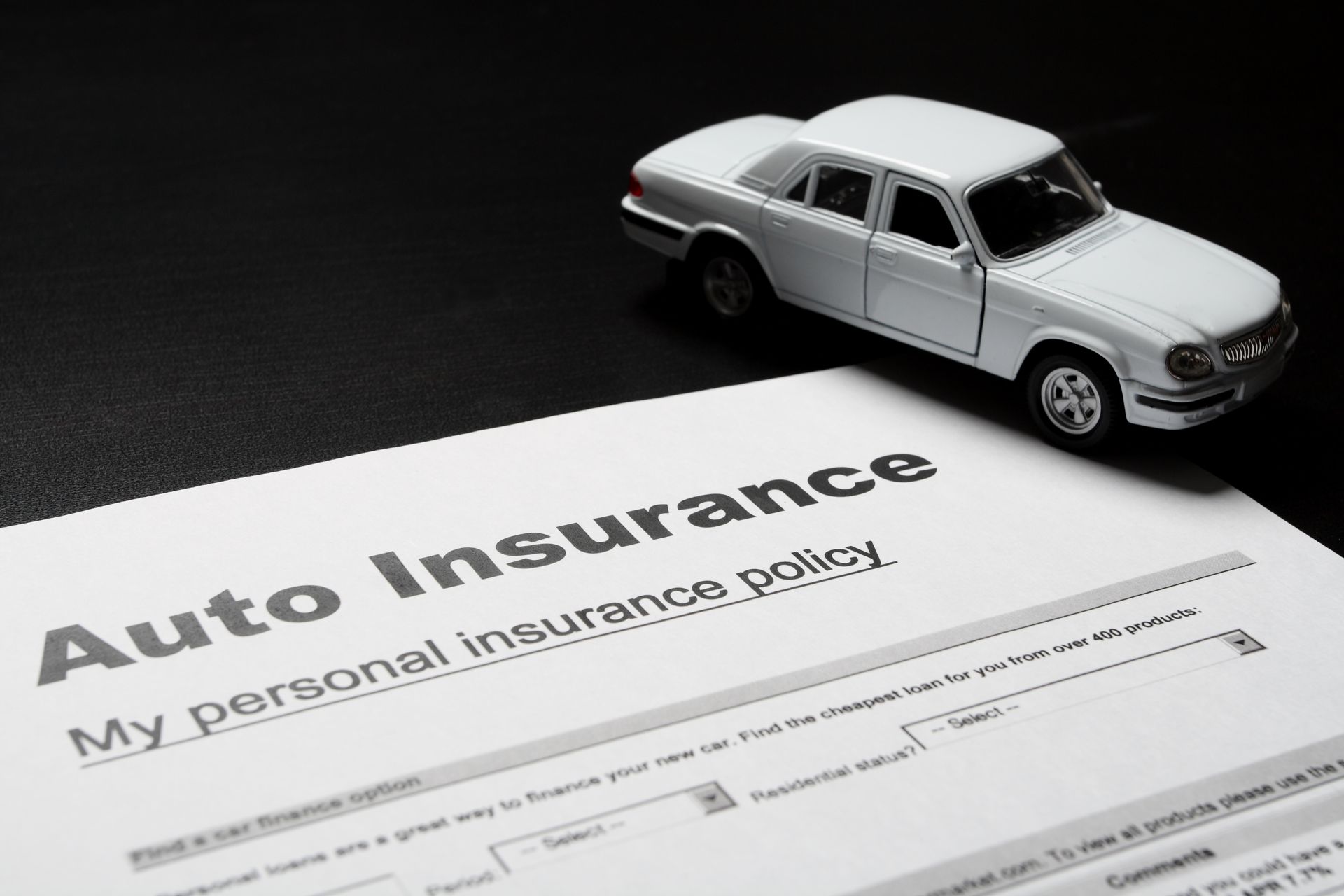Fast Auto & SR22 Insurance Quote!
Illinois: (708) 524-4900
Chicago: (773) 288-8672
★ ILLINOIS INSURANCE CENTER provides Auto Insurance, SR22 & Insurance Services Across All of Illinois ★
Fast Auto & SR22 Insurance Quote!
Illinois: (708) 524-4900
Chicago: (773) 288-8672
Important Do's and Don'ts After an Auto Accident
Being in an auto accident is never fun and is often scary and emotional. But the steps you take in the immediate aftermath of the incident will go a long way toward getting the help you need and getting yourself and your vehicle back on the road to normalcy. To help you when you find yourself in this situation, discover a few valuable do's and don'ts for after an accident occurs.
Do Focus on Safety First
The first order of business after even a minor fender-bender is to ensure everyone is safe. Assess your own injuries, and check on everyone who may have been involved in the accident. If you have any concerns or if anyone needs help moving away from the accident scene, stop and call 911.
Then, consider whether you can safely move any vehicles out of the path of traffic. This makes the entire scene safer for other drivers. If this is not possible, keep everyone away from moving traffic and contact the police for assistance.
Don't Discuss Fault
One of the most common tendencies after an incident is to talk about what happened and how. But now is not the time to discuss who may or may not have been at fault. Admitting fault, even in a roundabout manner, can make your insurance claim much more difficult. Wait for all the facts to emerge before making any statements.
Do Get Others' Information
Ask all other drivers for their driver's license and insurance information — no matter who you believe appears at fault. Note all vehicles involved, including their descriptions and license plate numbers. If any bystanders or other drivers witnessed the accident, ask for their identification and contact information. And if police arrive, ask for the report number and officer identification.
Don't Forget the Authorities
Calling the police may or may not be an obvious next move. If anyone has injuries or the vehicles create a traffic hazard, getting police help is a given. Let them take charge of the scene and follow their experienced direction and recommendations.
However, even if no one was hurt, you may still need to notify the police or the Illinois Department of Transportation if damages may exceed $1,500. Doing so protects you and others by providing an impartial view and a more complete record of the incident.
Do Contact Your Insurance
No matter who may be at fault, start by contacting your own auto insurance carrier. Using your own insurance coverage helps ensure you get immediate help with things like medical care or treatment, vehicle towing, car repairs, and temporary vehicle replacements. Your insurance company will then pursue any liability from the insurance provider for other drivers if necessary.
Don't Assume You're Fine
Along with speculating about who is at fault, speculating about your own injuries is also unwise. Most Americans are not medical professionals and therefore can be wrong about the extent of bodily damage or its lasting effects. Plus, the period right after an accident can be misleading in terms of what hurts and how much you have been affected.
Finally, if you tell others you were fine after the incident, this can complicate getting compensation if that turns out not to be the case.
Do Take Photos
Now that most people have a cellphone in their pocket, documenting the accident is easier than ever. Use your (or another undamaged) phone to take pictures of the accident scene, surrounding location, driver's licenses, insurance cards, injuries, and even the weather. Not only do photos create permanent and independent records, but they also date the incident and provide backups in case information gets lost.
Don't Wait to Record Notes
As soon as things have calmed down, consider sitting down and making some notes for yourself right away. Your own early notes about what happened, including as many details as you can remember, help prevent you from missing anything later. They also provide a basis for any reports you must make later, such as to the DOT or any attorneys. This process solidifies and organizes your thoughts.
Do Talk to Your Agent
Your insurance agent is a good resource both before and after an accident. They will help you understand your insurance coverage and the way to claim the compensation most appropriate to your circumstances. And because they have done this many times before, they can also help you avoid common pitfalls and speed the process.
The best time to start using your agent as a resource is long before an accident occurs. Illinois Insurance Center has aided Chicago-area drivers with all their insurance needs for more than 40 years. Call today to learn how you can ensure you have the best coverage and more tips for handling the immediate scene of an accident safely. We look forward to hearing from and speaking with you soon.
Illinois Insurance Center News
BROWSE OUR WEBSITE
CONTACT INFORMATION
Illinois Insurance Center - Chicago (Marketing), by appointment only
2646 S Central Park Ave,
Chicago, IL 60623
Illinois Insurance Center - Hillside (Sales, Claims, Mail)
4410 W. Roosevelt Rd.
Suite 100
Hillside, IL 60162-2056
HOURS OF OPERATION
Monday – Friday
Sales & Renewals 9:00am – 5:30pm
Payments & Customer Service 9:00am – 6:00pm
Saturday
Sales & Renewals 9:00am – 2:00pm
Customer Service & Payments 9:00am – 2:00pm
